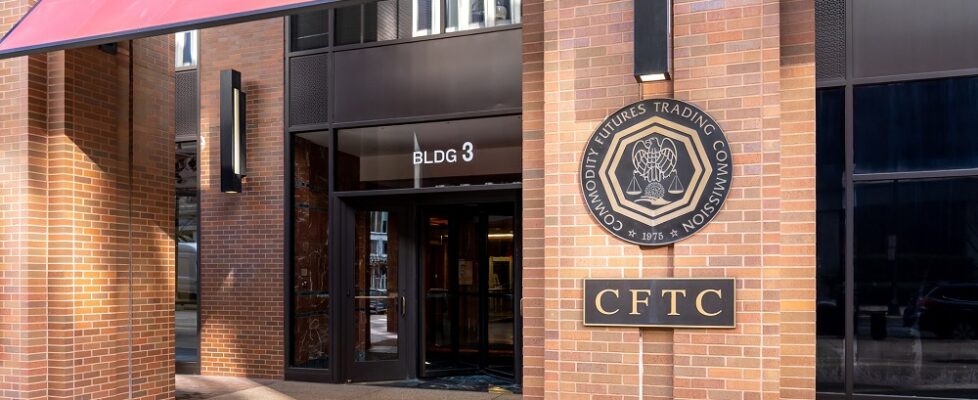CFTC goes after duo behind “Blessings Thru Crypto” scam
The Commodity Futures Trading Commission (CFTC) has filed a complaint against Michael Griffis and Amanda Griffis.
The complaint, submitted at the Tennessee Middle District Court and seen by FX News Group, alleges that beginning in at least July 2022 and continuing through at least the beginning of January 2023 (the “Relevant Period”), the defendants, acting individually and in concert with each other, engaged in a scheme through which they fraudulently solicited at least $6 million from over 100 individuals located throughout at least ten states across the country, for the express purpose of pooling funds to trade commodity futures contracts.
Styled as “Blessings Thru Crypto” or “Blessings of God Thru Crypto” by the defendants, the commodity pool purported to give “investors the opportunity to bet on the future price of cryptocurrency” to “make as much profit collectively” as possible.
In their solicitations of prospective pool participants for the Blessings Pool, the Griffis made various misrepresentations and omitted material facts. These material misrepresentations and omissions included, but are not limited to: promising exaggerated profits without any disclosure of potential risk and/or promising absolutely no risk of loss; misrepresenting how pool participants’ funds were to be handled and used; claiming that the Blessings Pool was “legal” when it was not; and, failing to inform pool participants that Blessings Pool funds would be misappropriated by Defendants and used as Defendants’ own.
The complaint further alleges that the defendants, acting individually and in concert with each other, further committed fraud while acting as unregistered commodity pool operators (CPO), by pooling pool participants’ funds, by purporting to trade those funds in futures but not engaging in a single trade, by misappropriating pool participant funds, and by falsely refusing to honor numerous pool participant requests to withdraw funds from the Blessings Pool.
The defendants also commingled the Blessings Pool funds with their personal funds, and unrelated business funds, across at least 19 different bank accounts at five financial institutions and three digital asset exchanges, all without pool participants’ authorization or knowledge.
The defendants used at least $1 million in pool participant funds for personal expenditures, including paying Defendants’ personal debts and purchasing a variety of consumer goods.
Defendants paid out approximately $855,000 to a handful of pool participants; the money for those payments came from the contributions of other pool participants in Ponzi-style payments.
The remaining $4.1 million in pool funds were never used to trade “crypto futures” as promised by defendants, who instead sent the funds to anonymous digital wallets controlled by unknown third parties. Those funds are now untraceable and likely unrecoverable for all realistic purposes, lost to pool participants.
Aside from the Ponzi payments made to a select few pool participants, all other pool participants who sent their money to Defendants lost their entire contributions to the Blessings Pool.
By soliciting pool participant funds for the purpose of trading in commodity interests (including futures), accepting pool participant funds, and pooling all pool participant funds for the stated purpose of purchasing and selling commodity interests, Defendants operated a commodity pool. Furthermore, by operating a commodity pool Defendants functioned as CPOs, and did so without being registered with the Commission.
The Commission seeks civil monetary penalties and remedial ancillary relief, including restitution to defrauded pool participants, pre- and post-judgment interest, and such other equitable relief as the Court may deem necessary and appropriate.





